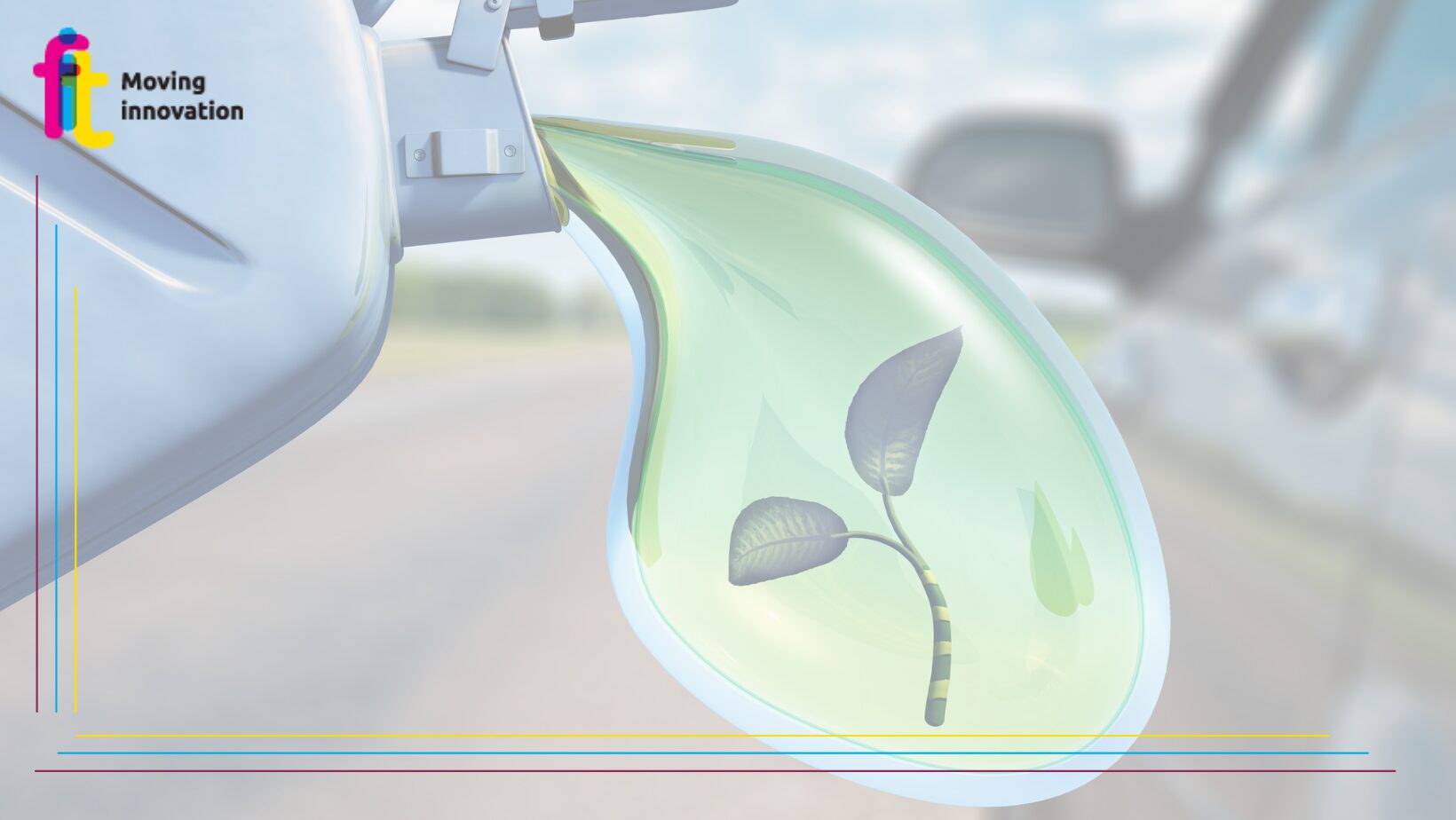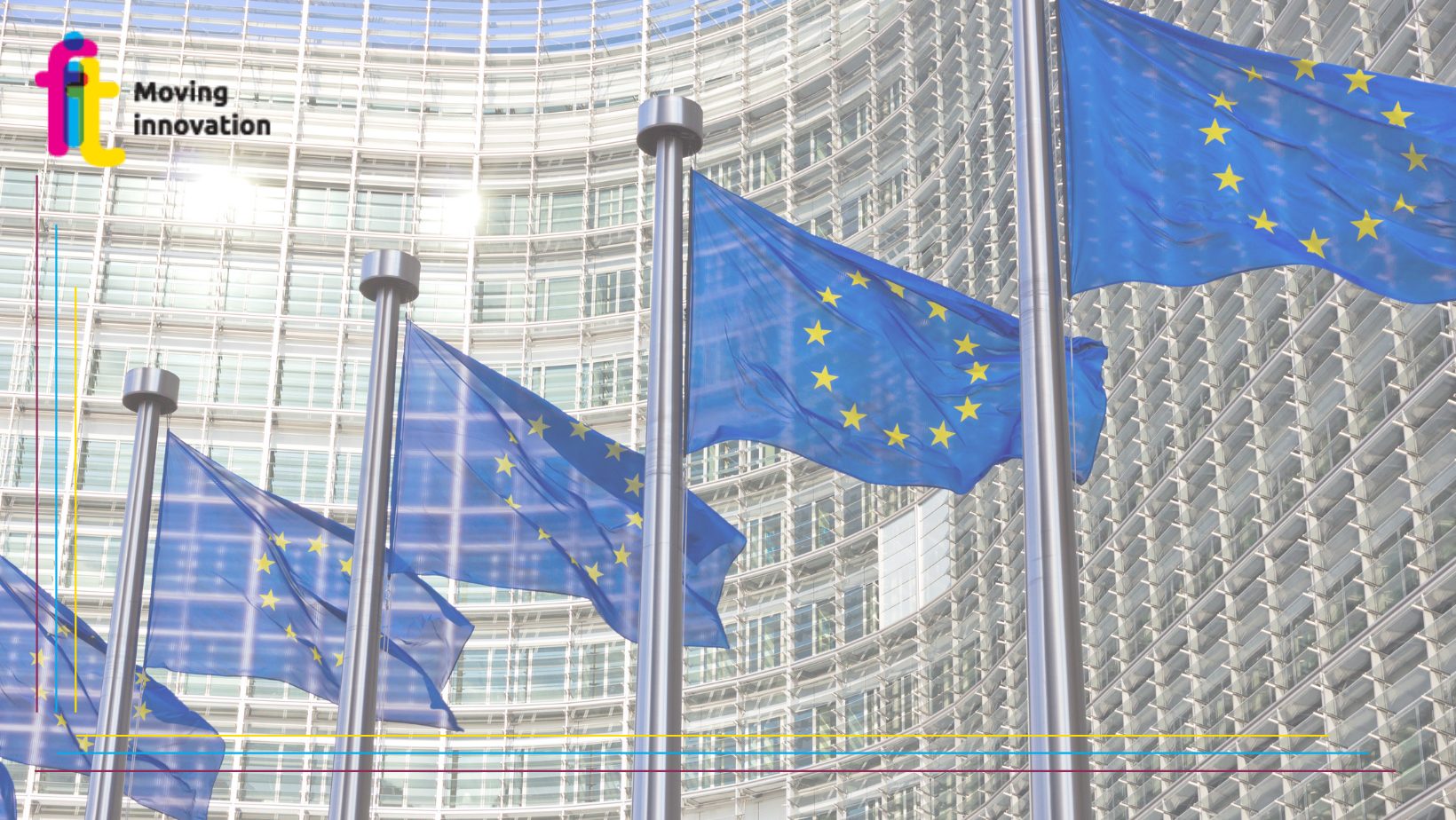Sustainable transport: FS Group ready to use Hvo biofuel, able to reduce CO2eq emissions by 80%
Hvo (Hydrotreated Vegetable Oil) biofuel, an advanced biodiesel made from renewable raw materials, will soon be used on trains running on non-electrified lines and on buses. In the past few months, the first trials carried out by the FS Group, which is now ready to use the Hvo biofuel, were successfully concluded.
Hvo,’ explains the FS Group, ‘is an acronym that stands for hydrotreated vegetable oil: it is a biofuel made from renewable materials (according to EU directive 2023/2413 known as ‘Red III’) such as waste and residues. Thanks to low concentrations of polyaromatics and the absence of pollutants such as sulphur, it performs on a par with conventional fuels, but is able to reduce CO2eq emissions by around 80 per cent throughout the product chain. This value takes into account the raw material used and compares it with the reference fossil fuel (conventional diesel).
The FS Group has therefore launched a tender, aimed at the main operators in the sector, to secure the supply of the necessary biofuel for its vehicles. ‘The results of the experiments carried out on railcars and buses have been very positive,’ said CEO Luigi Ferraris. ‘We are working to procure biofuels in order to expand their use on the five thousand kilometres of railway lines that are still not electrified. It is a tried and tested technology that will allow us to reduce emissions, contributing to the decarbonisation of the transport sector even in the short to medium term’.
The trial with Hvo began in 2022 and, since July 2023, five Trenitalia trains (among the most modern Blues – hybrid trains with triple power supply – and Aln traction units) regularly run on biofuel on the tracks of Calabria. Similar tests were also conducted on Busitalia buses. Over the coming months, the trial will also continue on the other types of diesel trains in the Trenitalia fleet.
The use of biodiesel is fully in line with the FS Group’s energy strategy, one of the actions of which is to phase out fossil fuels through the progressive electrification of rail networks and the use of alternative fuels. A strategy that is part of the goal of creating an integrated, more sustainable and digital mobility ecosystem and achieving carbon neutrality by 2040, ten years ahead of the benchmarks set by Europe.
The use of biofuels runs in parallel with plans to electrify the railway line: Rfi now operates around 17,000 kilometres of railway network, of which 12,205 kilometres have already been electrified, around 73%. The goal is to electrify about 90 per cent of the line by 2032.
Source:FSnews









